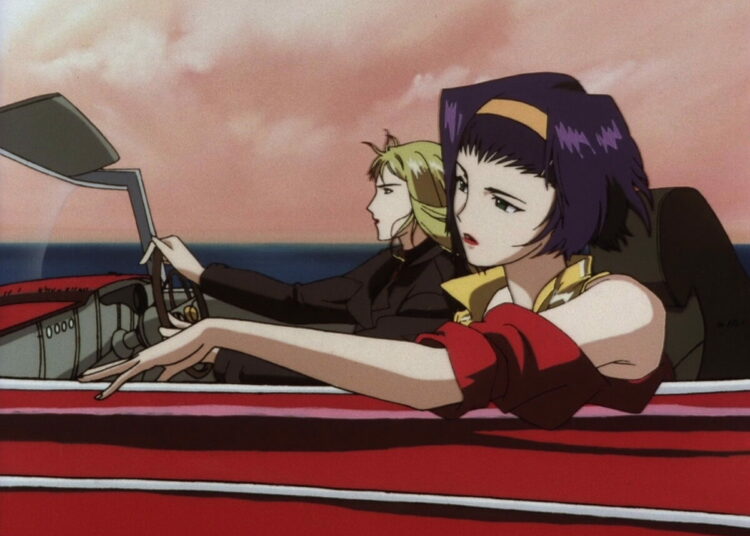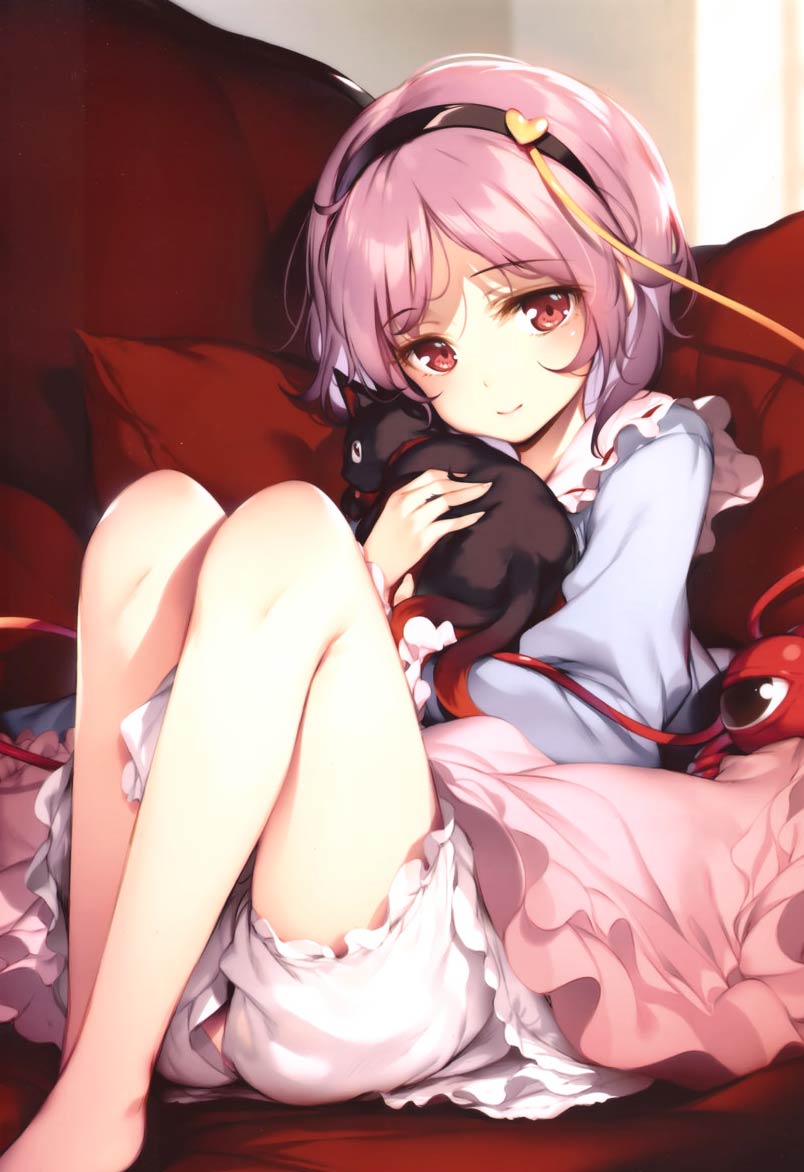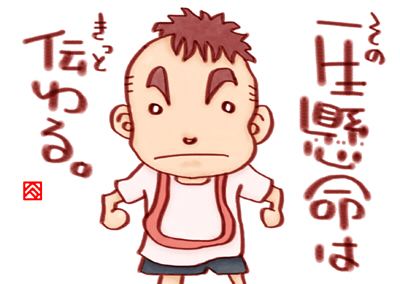If English is your native language, call up our parents and thank them now, because you’ve got it good. Japanese students learning English face an uphill battle on several fronts, not the least of which being the complex range of sounds they have to master if they want to be understood by anyone. Linguistically speaking, there are twelve vowels in most dialects of American English, with sounds like the schwa and the way New Yorkers pronounce “coffee” counting as separate vowels. One way Japanese learners can differentiate the various sounds in their minds is by memorizing “minimal pairs,” sets of words that sound similar, such as walk and work, close and clothes, or election and, well, you know, that other word. I remember wondering why some of my former students would go out of their way to use “will not” as opposed to “won’t” — it turned out that they lacked confidence that the word wouldn’t be mis-heard as want. There are pairs of words in Japanese that manage to give foreigners trouble too, and just about every expat living in Japan can tell about the time they really screwed up by using the wrong word in a delicate situation. Some of these tricky word pairs include kirei (kee-REY), meaning “pretty” or “clean,” which is easily confused with kirai (ki-RAI), meaning “hated,” as well as kawaii (KAH-WAH-ee), which means “cute,” and kowai (ko-WA-ee), meaning “scary.”
Back in Japan! What is ‘Reverse Culture Shock’ Like?
I'm back in Japan after a very busy trip to the U.S. for the summer conventions, followed by a few...
















